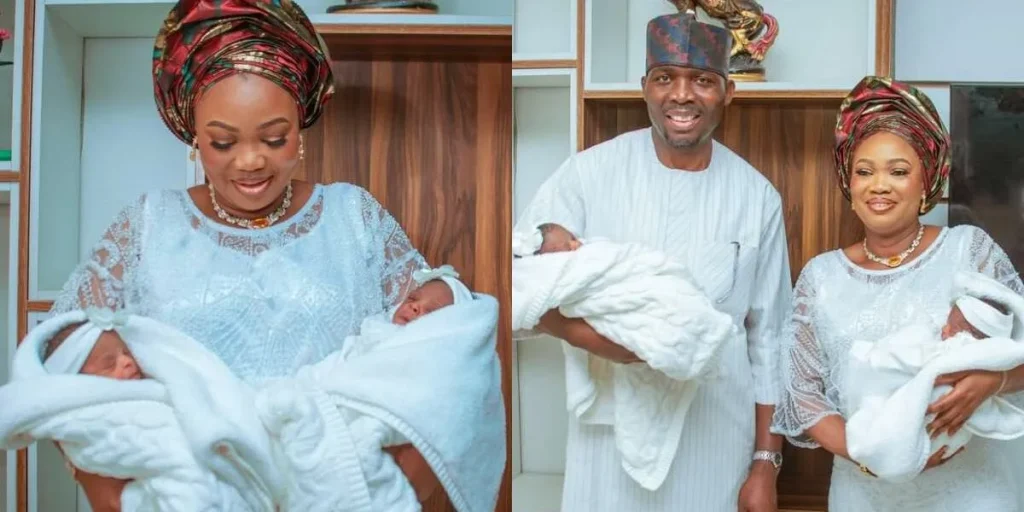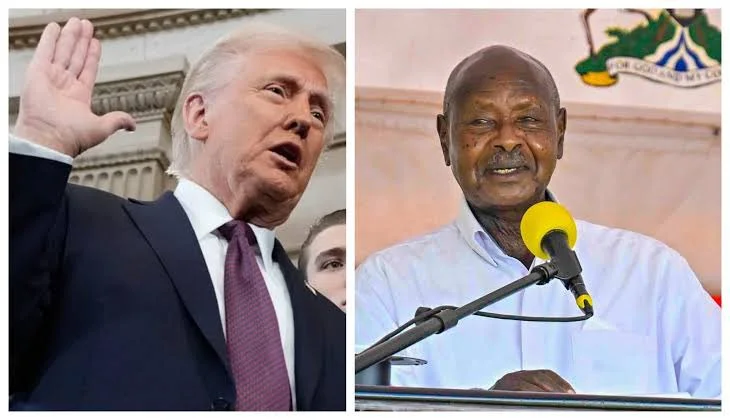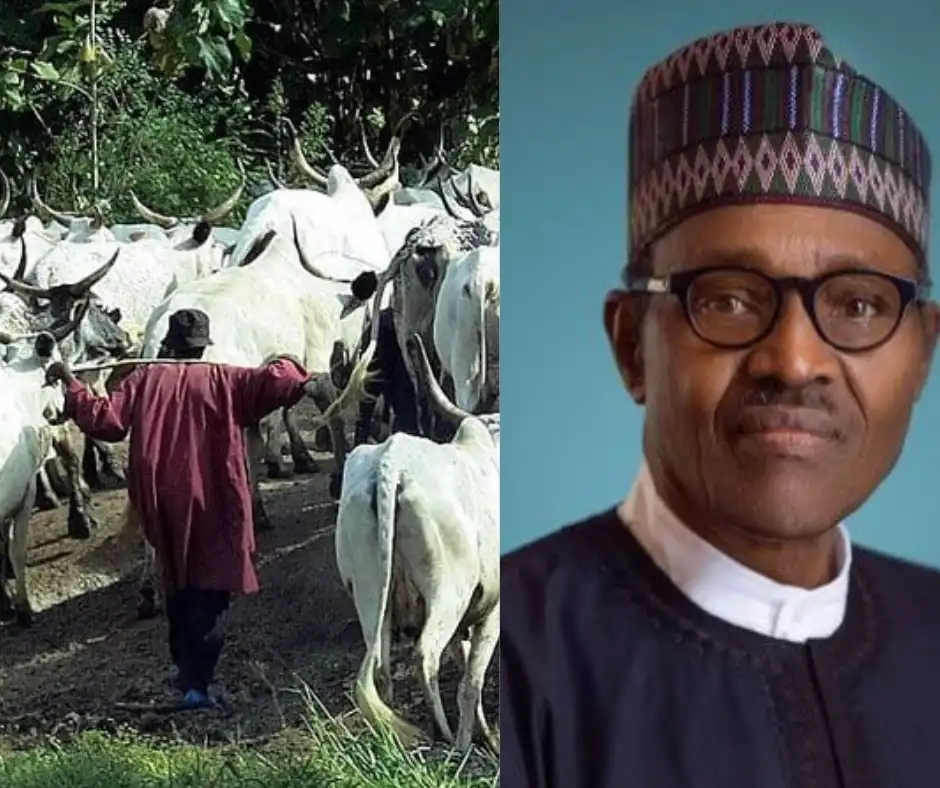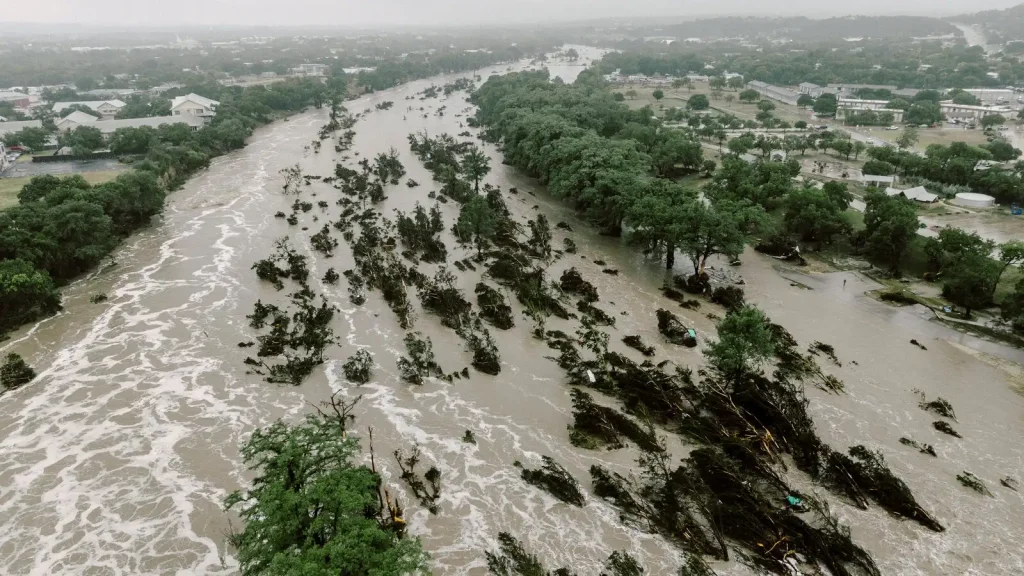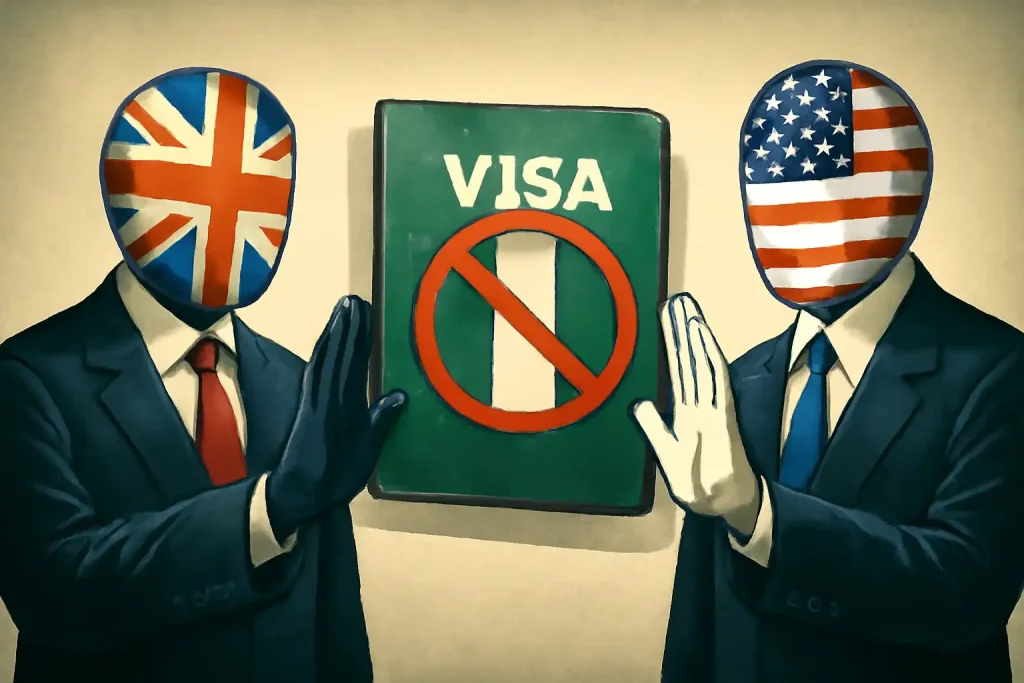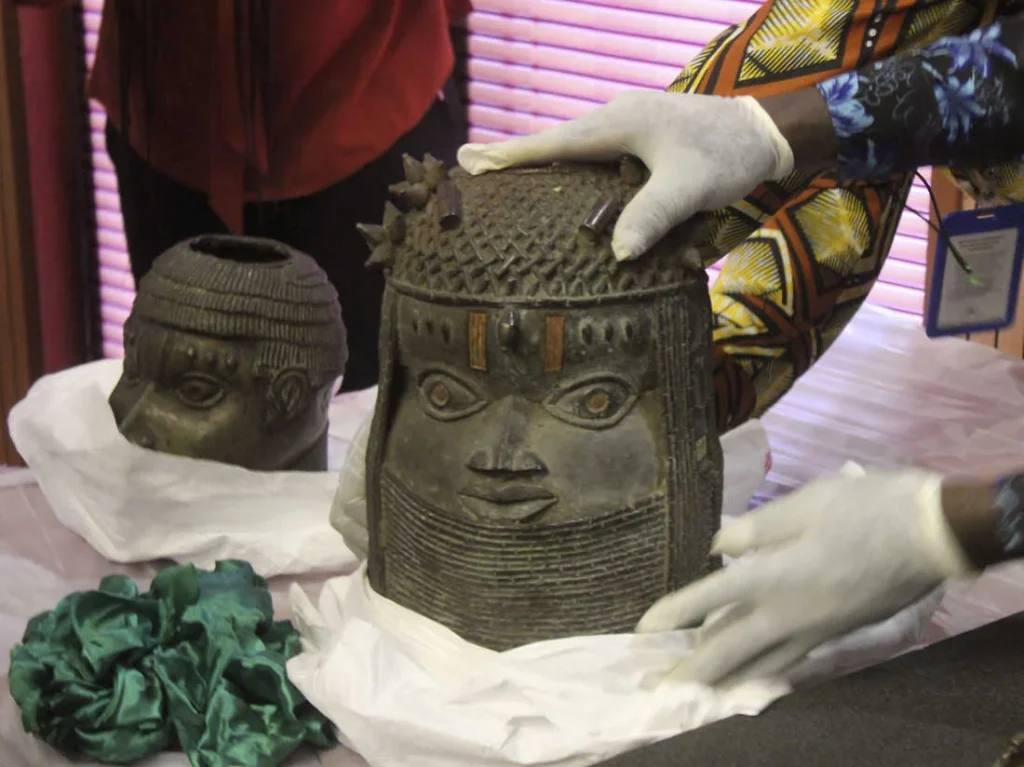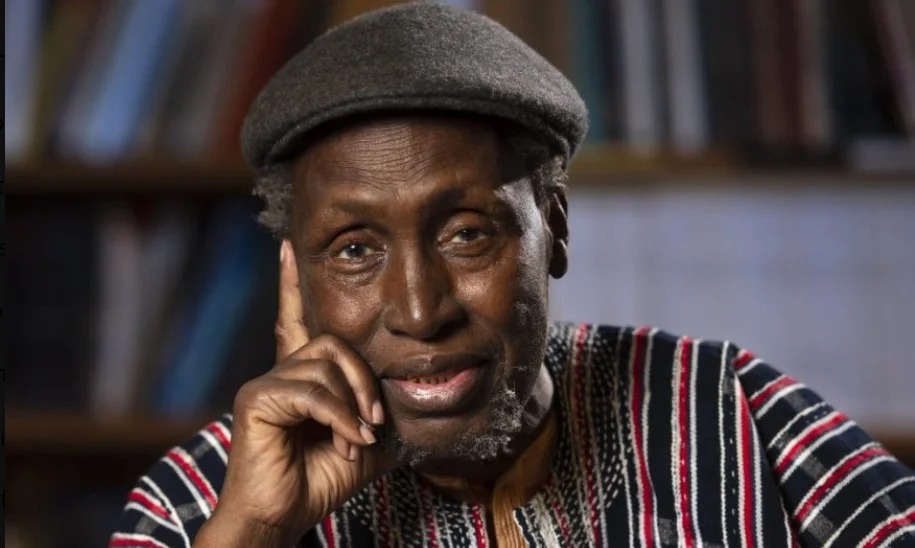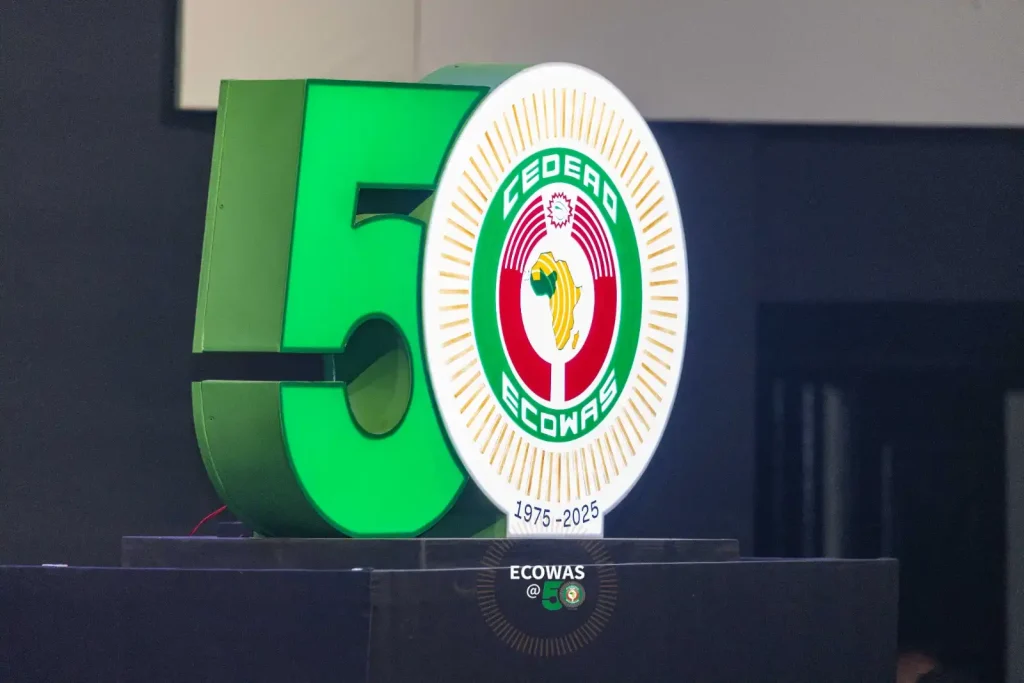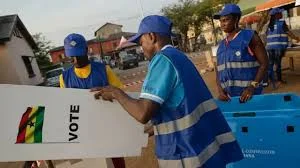 In 2021, Ghana’s Electoral Commission (EC) faced significant controversy following the conduct of the December 2020 general elections, which had already sparked debates regarding the commission’s handling of the electoral process. The elections resulted in the re-election of Nana Addo Dankwa Akufo-Addo of the New Patriotic Party (NPP), defeating former President John Mahama of the National Democratic Congress (NDC).
In 2021, Ghana’s Electoral Commission (EC) faced significant controversy following the conduct of the December 2020 general elections, which had already sparked debates regarding the commission’s handling of the electoral process. The elections resulted in the re-election of Nana Addo Dankwa Akufo-Addo of the New Patriotic Party (NPP), defeating former President John Mahama of the National Democratic Congress (NDC).
The controversy primarily stemmed from allegations of electoral irregularities and voter fraud, particularly raised by the NDC. After the elections, the NDC challenged the results, arguing that the EC’s declaration of Akufo-Addo as the winner was based on flawed data. They claimed the commission had used figures from unauthorized polling stations and manipulated the results to favor the NPP.
Tensions escalated when NDC’s presidential candidate, Mahama, called for an independent audit of the election results. He asserted that the EC’s actions had undermined the credibility of the electoral process. The EC, however, dismissed these allegations, maintaining that the elections were conducted fairly and transparently, and that all procedures were followed. The commission reiterated that its declaration was based on accurate vote tabulations.
The situation worsened when the NDC organized protests to demand accountability from the EC. While some demonstrations were peaceful, others resulted in confrontations with law enforcement. In certain cases, security forces resorted to using tear gas to disperse crowds, drawing criticisms over the handling of peaceful assemblies.
Amid growing discontent, the EC held several press conferences to address concerns raised by the NDC and other stakeholders. It emphasized its commitment to electoral integrity and invited independent observers to review the election process, standing firm on its position that the results were legitimate.
The controversy surrounding the EC led to renewed discussions about electoral reform in Ghana. Civil society groups and political analysts called for reforms to enhance transparency and public confidence in the electoral system. Many advocated for a stronger framework to resolve disputes arising from the election process.
Throughout the year, the EC remained under scrutiny over its management of elections and its relationship with political parties. The tensions highlighted the need for dialogue and collaboration among stakeholders to strengthen Ghana’s electoral process. As a result, the EC’s actions in 2021 became a key moment in the discussion on the future of electoral governance and democracy in the country.

